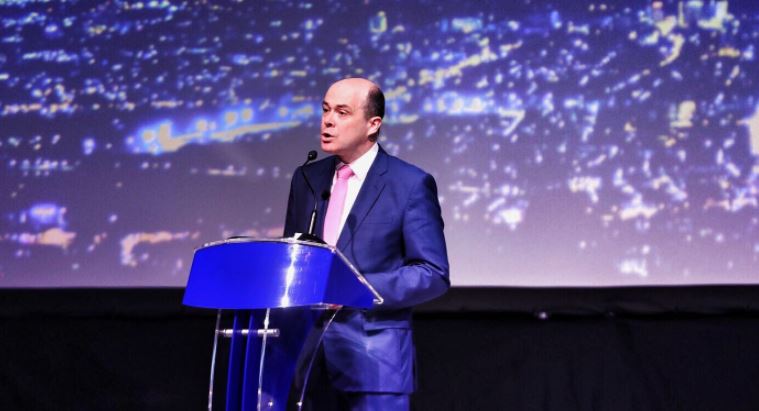The announcement on the national Support Scheme for Renewable Heat – commonly referred to as the Renewable Heat Incentive (RHI) Scheme – is a welcome development for the Irish bioenergy sector, according to the CEO of the Irish Bioenergy Association (IrBEA), Ger Devlin.
The Minister for Communications, Climate Action and Environment, Denis Naughten, confirmed the details of the scheme this morning, after it received government approval earlier this week.
The scheme will support the adoption of renewable heating systems by commercial, industrial, district heating and other non-domestic heat users at sites not covered by the emissions trading scheme.
Also Read: Official confirmation: All you need to know about the RHI SchemeAn RHI scheme was first officially conceived as part of the bioenergy strategy consultation in May 2013 and formally announced in the October 2014 Draft Bioenergy Plan, but was never delivered, according to the IrBEA.
The scheme is expected to launch later in 2018, once it receives EU state-aid approval
Commenting on this morning’s announcement, Devlin said: “This is a very welcome development for the bioenergy sector in Ireland, one that has been stagnant for almost five years since 2013 – whereby many Irish companies have subsequently gone out of business.
“There will be new opportunities now to stimulate growth for those businesses in the biomass supply side and indeed the biomass technology provider, of which we have many as members of the Irish Bioenergy Association.
“As well as helping to meet the EU heat targets of 12% (currently 6.8%) by 2020, it will play a role in reducing potential fines come 2020.
It is perhaps disappointing not see any support for biomethane gas grid injection from anaerobic digestion (AD) in this phase, but there are still supports for AD heating technologies and of course biomass heating technologies – which is a positive.
“Certainly the ambition to have a scheme open to applicants in 2018 is welcome, but this government approval is still subject to EU state-aid approval.
“The tiered rates are generally positive; but they do not favour the larger type installations – offering a subsidy of only 0.5c per kilowatt hour (kWh) – which is where the biggest opportunity exists to close the gap in the renewable heat target,” Devlin explained.
Meanwhile, the IrBEA would also favour a separate budget for the installation grant – of up to 30% – for air, water and ground-source heat pumps which was announced as part of the scheme.
